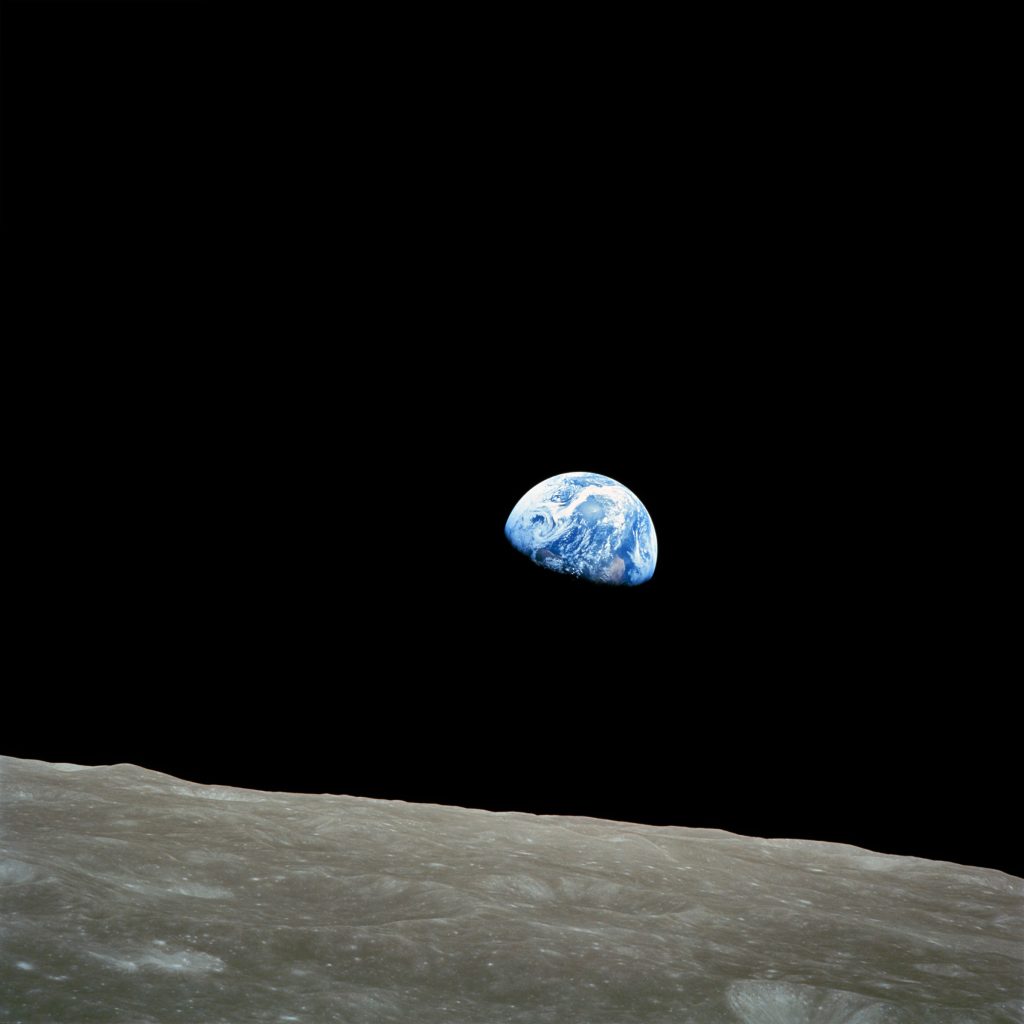A few days ago I finished reading Becky Chambers’s novel “Record of a spaceborn few“. I already mentioned this book in my last post, because of something she wrote in the first few pages that struck me. But it turned out to have more that belonged on this blog. I’m not going to get into the plot here, but the setting is the Exodus Fleet: a series of generation ships on which part of humanity embarked when Earth became unable to support us. Here’s a lengthy quote:
“Our species doesn’t operate by reality. It operates by stories. Cities are a story. Money is a story. Space was a story, once. A king tells us a story about who we are and why we’re great, and that story is enough to make us go kill people who tell a different story. Or maybe the people kill the king because they don’t like his story and have begun to tell themselves a different one. When our planet started dying, our species was so caught up in stories. We had thousands of stories about ourselves…but not enough of us were looking at the reality of things. Once reality caught up with us and we started changing our stories to acknowledge it, it was too late.
It is easy to remember that story here, in the Fleet. Every time you touch a bulkhead, every time you tend a garden, every time you watch the water in your hex’s cistern dip a little lower, you remember. You know what the story is here.”
Humans run on stories, not reality. We can see this by looking around us; it’s something that populists and propagandists understand well. But I hadn’t thought about it quite like this before.
There’s optimistic SF out there that shows what a sustainable civilization on Earth could look like. Becky Chambers wrote some of it. This is important. But there’s not much that gives us stories of getting from here to there. That feels like something we’re missing. It’s probably very hard to write those, because it’s not obvious how to do that. Star Trek does offer one narrative if one gets into the backstory, but it involves WW3, so it’s hardly aspirational… perhaps until we have popular / folk narratives that people can relate to that show the sort of change that we need – systemic, disruptive, society-wide change – actually happening, rather than having happened, it’ll continue to be very hard for most of us to really engage on a path of sustainability and transition at more than an intellectual level. We need a story to follow. We need to change our stories to acknowledge reality.
Of course, none of this is new or groundbreaking thought. Humanities folk, and any storytellers and folklorists in particular, who read this will no doubt be saying “duh, obviously”. But it’s some new thinking for me, at least in the sustainability domain.
Perhaps it’s worth noting that a lot of the stories we have about dealing with shorter timescale threats are either historical, or grounded in things that have happened. It’s a challenge to do this with climate change. Science fiction can help us, perhaps. While history doesn’t give much that’s comparable at global scale, it’s hardly the first time that a civilization has been threatened by a self-inflicted change in its environment. But we remember those that fell, not those that successfully changed their behaviour and survived.
“Make sure people don’t forget. Make sure people remember that a closed system is a closed system even when you can’t see the edges”


